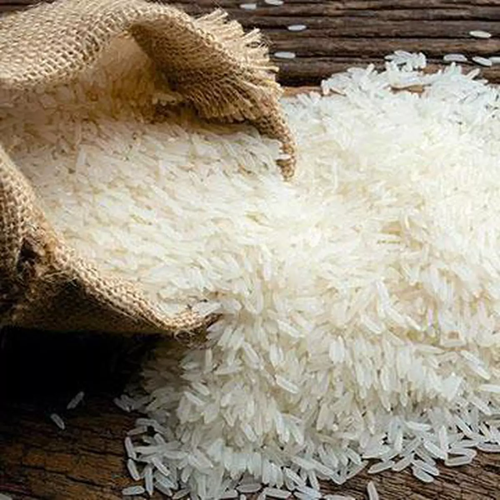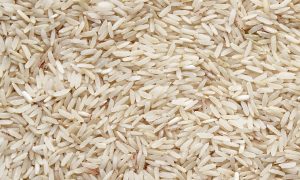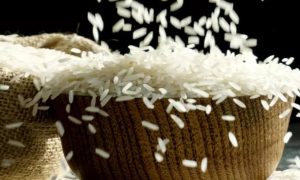India’s export restrictions propel global rice prices: Asian exporters brace for Indonesia tender surge

Asian rice market tense as Indonesia’s Bulog may tender in May amid Indian export restrictions. India, top exporter, tightens global supply. Bulog’s 2024 import quota down to 3.6 million metric tons due to El Nino. Vietnam, Thailand, Myanmar, and Pakistan top suppliers to Bulog. Dry conditions in Southeast Asia reduce yields, tighten global rice supplies.
The Asian rice market is on edge as top exporters brace for a possible tender from Indonesia’s state purchasing agency, Bulog, in May. The surge in prices comes on the heels of Indian export restrictions, which have significantly tightened global supplies.
According to S&P Global Commodity Insights, India, the world’s largest rice exporter, implemented export restrictions, including banning broken rice exports and imposing additional duties on non-basmati white rice outflows in August 2022.
By July 2023, the Indian government further restricted non-basmati white rice exports, imposed a 20 per cent duty on parboiled rice outflows, and set a minimum export price for basmati at USD 950 per metric ton.
According to the US Department of Agriculture, India accounted for nearly half of the global rice trade in the marketing year 2022-23, with exports totaling 20.25 million metric tons, down 9 per cent from the previous year.
While India exports mostly parboiled rice to West African nations, its basmati rice is primarily shipped to the Middle East.
With India’s restrictions constricting the market, Asian rice exporters are eyeing Bulog’s potential tender in May.
So far in 2024, Bulog has announced four tenders, purchasing 1.4 million metric tons. Vietnam, Thailand, Myanmar, and Pakistan have been the top suppliers to Bulog this year.
Bulog has set an import quota of 3.6 million metric tons for 2024, down from last year’s 3.8 million metric tons, due to prolonged dry conditions attributed to the El Nino weather pattern, which reduced yields and output in Southeast Asia, tightening global rice supplies.














